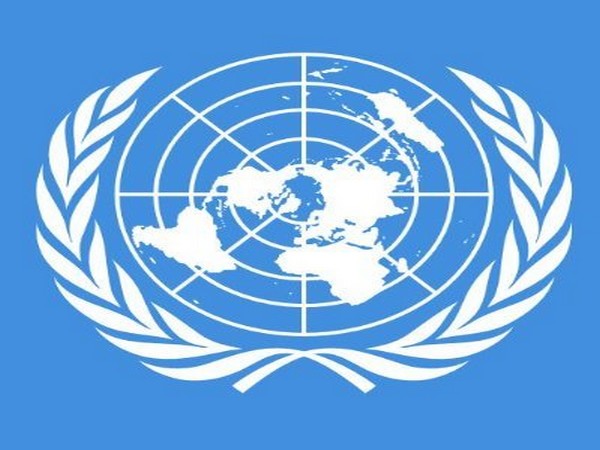UN refugee official: Darien Gap crossings on pace to hit record
The U.S. government subsequently implemented tough new rules for asylum seekers. The number of Darien crossings increased six-fold during the first four months of this year, according to official Panama data, underscoring the stiff challenge the United States faces as it seeks to curb surging migration.

The number of U.S.-bound migrants who cross the dangerous jungle separating Panama and Colombia could rise to a record this year, according to a senior U.N. refugee official. The forecast for migrants crossing the Darien Gap on their way north comes as U.S. authorities have observed a recent drop in arrivals at their southern border with Mexico after a major policy shift.
"The number of people crossing through Darien has been higher," U.N. Deputy High Commissioner for Refugees Kelly Clements told Reuters in an interview on Monday, comparing the number of migrant crossings to last year's level. "If that pace was to continue, we would see a record number of people crossing," she said.
To the north, the number of migrants crossing the U.S.-Mexico border had dropped sharply since midnight Thursday, following the end of Title 42, a COVID-19 pandemic-era deportation policy that prevented many from seeking asylum on U.S. soil. The U.S. government subsequently implemented tough new rules for asylum seekers.
The number of Darien crossings increased six-fold during the first four months of this year, according to official Panama data, underscoring the stiff challenge the United States faces as it seeks to curb surging migration. "The reasons that people have picked up their families and lives to try to rebuild elsewhere have not changed," said Clements, stressing that "root causes" including violence and political persecution must be addressed.
Clements also expressed support for a regional approach to migration that would include allowing other countries to take in asylum seekers while they wait for a response from the United States. In December, the U.N. estimated that it needed $1.72 billion to help Venezuelan refugees and migrants in Latin America and the Caribbean.
But last year, only a quarter of the needed funds were allocated, forcing a reduction in U.N. assistance programs.
(This story has not been edited by Devdiscourse staff and is auto-generated from a syndicated feed.)










